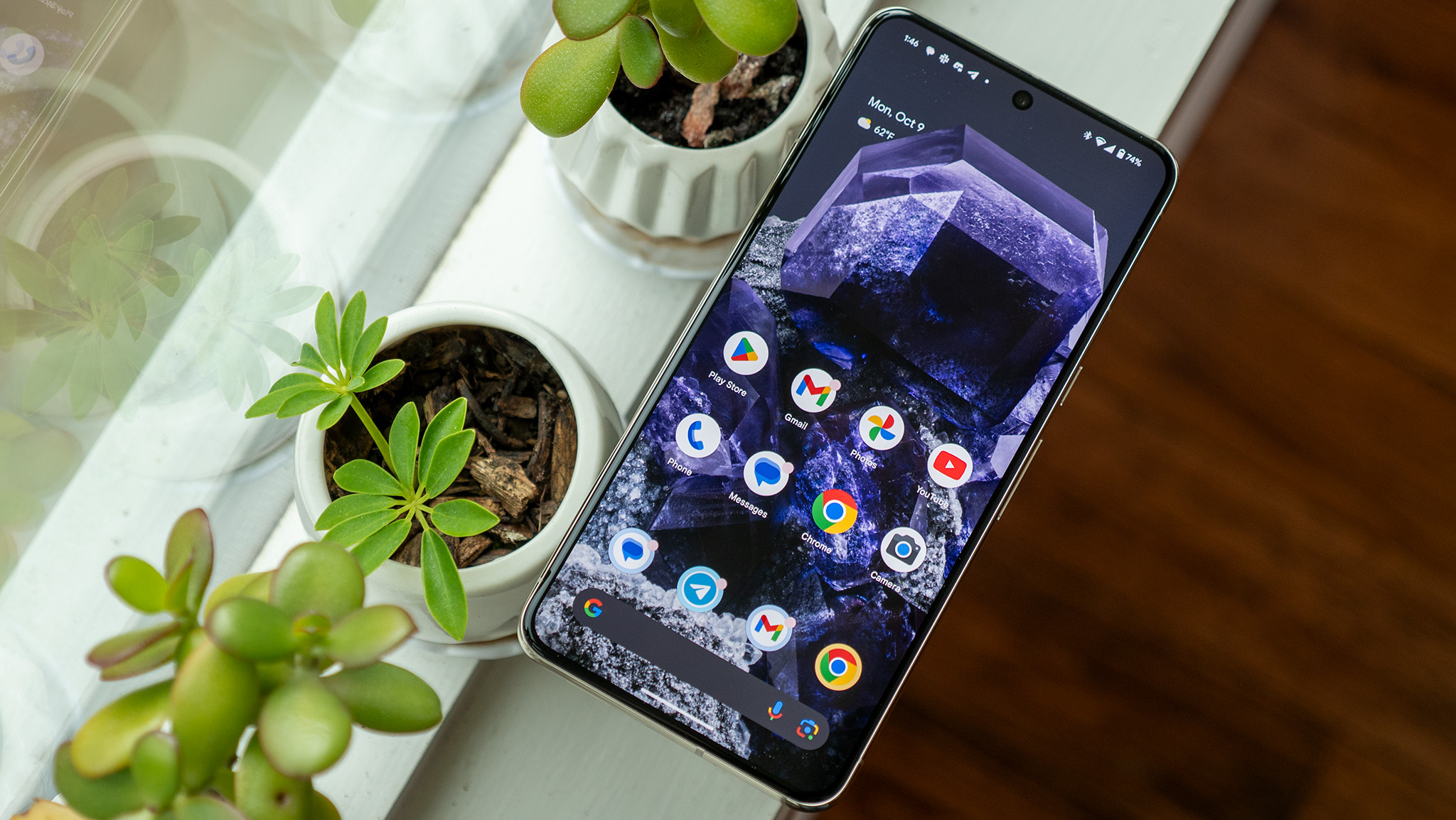
What you need to know
- A worrying vulnerability was discovered on Pixel devices caused by Verizon's demo app, per iVerfy researchers.
- The issue could open a user's Pixel to malware and spyware attacks if it becomes active and receives the necessary permissions.
- Google states it is working on a software update to remove the Verizon demo app from all affected Pixel phones.
Every Google Pixel phone sold by Verizon comes preloaded with the carrier's apps, but one of them could cause a nasty malware attack if activated in person.
The discovery made by mobile endpoint and response researchers at iVerify was detailed in a recent report (via Android Authority). iVerify's researchers state the file's malicious properties expose Pixel device's Android software to MITM (man-in-the-middle) attacks.
Essentially, online threats could virtually inject malware and spyware onto your device to gain "system privileges." According to a Google spokesperson, the vulnerability's catalyst was found within a file named Showcase.apk, which is the Verizon demo app.
Normally, uninstalling a problematic app would solve the issue but this is a special app preloaded by Verizon and cannot be uninstalled. iVerify informed Google about the vulnerability and the company says it's working with Verizon to get a system update out to customers that removes the problematic app.
The "good" news is that Verizon's demo app is dormant. So long as the app isn't enabled or active on your Pixel devices the problem isn't critical. The cause for concern is that the software still exists within your Pixel device. The publication adds that an attacker would need "physical access" to your phone to enable the app and grant the Showcase.apk file the necessary permissions.
Google informed Android Authority that it will remove the file in question "from all supported in-market Pixel devices with an upcoming Pixel software update." iVerify's report states this vulnerability could affect a "large percentage" of Pixel phones sold from September 2017 onward.

Android vulnerabilities and those that plague one subset of devices are scary, but Google's had to wrangle with others in recent months. Earlier this year, the company patched a zero-day vulnerability that could've erased a user's data stored on their Pixel.
Interestingly, only Pixel devices received the fix for this issue. Google stated that other non-Pixel phones will have to wait for Android 15. Another issue that plagued Pixel occurred last year, dubbed "aCropalypse," allowed attackers to "un-crop" an image and discover hidden data in it.
As is the case with most issues, the problem was rectified through a Google software update. Pixel phones like the Google Pixel 9 series receive seven years of software updates — including important security updates like these examples — showing just how important it is to receive years of software support.







